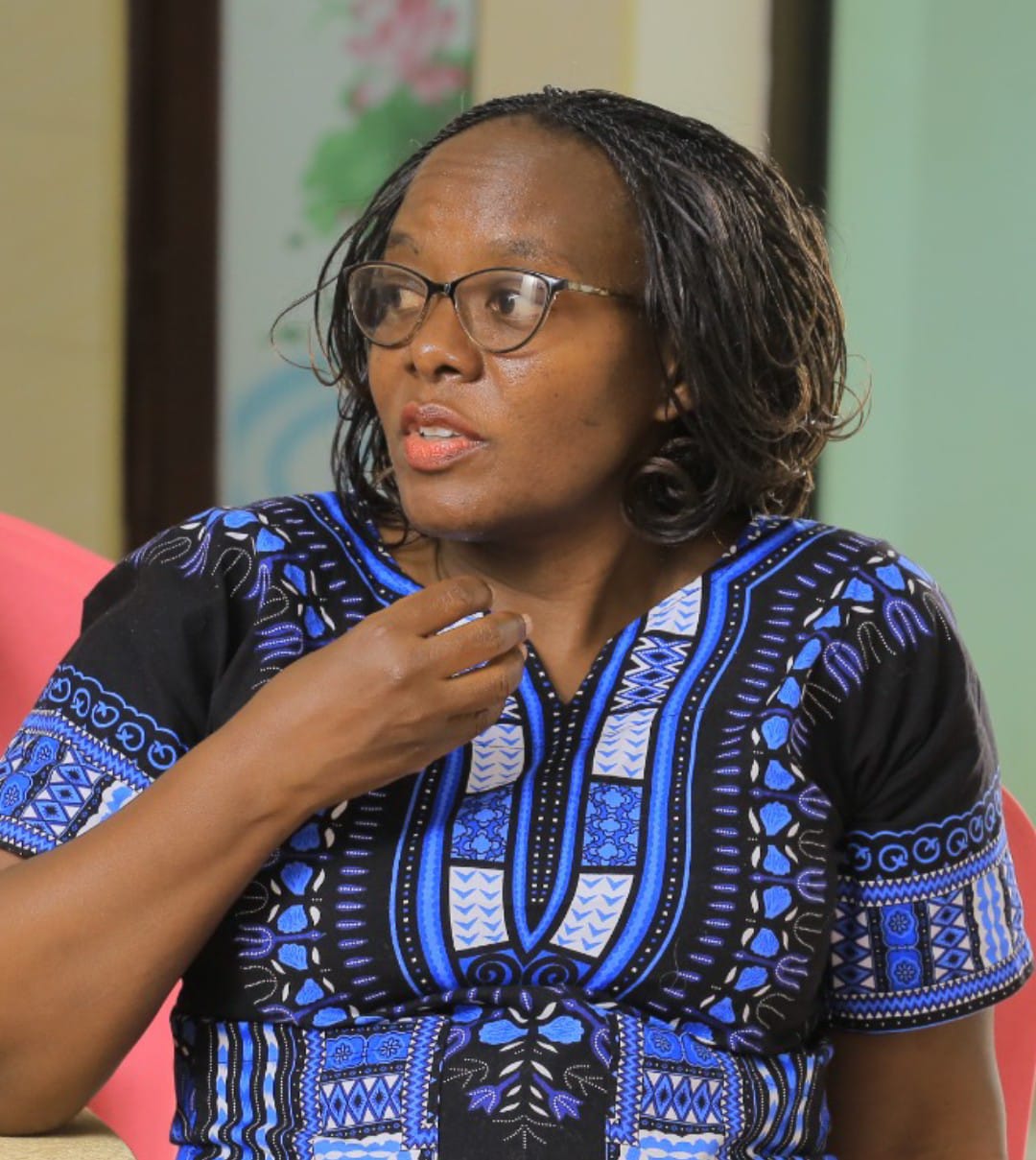Another castration lies in wait. It is nearly a decade since the annulment of a relatedly enacted and annulled Law in February 2014 and August 2014 respectively and the dust seems far from settled. The Spirit of the 1995 Constitution of the Republic of Uganda is in danger of another profanity. The elephant on the floor of Parliament and public opinion is about the proposers and opposers of legalised violence against humanity. The proposers have titled it; “The Anti-Homosexuality Bill 2023.” During its first reading, the Right Honourable Speaker of Parliament Anita Anita Among in affirmation of the move said. “We will call the person and the person will vote. We don’t want the technicalities of saying there was no quorum. This is the time you’re going to show us whether you are a homo or you’re not.” This cancer/Bill has been sent to the Legal and Parliamentary Affairs Committee, which will hold public hearings. The Speaker justified this absurdity by alluding to the need to protect ‘morals’, ‘culture’ and ‘humanity’. However, passing such a draconian Bill into law will simply be a legalization of violence and stigma against humanity, human rights norms and principles of natural justice which the 1995 Constitution of Uganda inclusively guarantees all and therefore the State is duty bound to Respect, Protect and Promote!
What happens to equal and inclusive access to social services and Article 29 on the Freedom of Expression, opinion and Association? This 11th Parliament ignores the guidance of the 1995 Constitution where under Article 2 stipulates; If any other law or any custom is inconsistent with any of the provisions of this Constitution, the Constitution shall prevail, and that other law or custom shall, to the extent of the inconsistency, be void. Besides, Objective 24 of the Constitution defines the confines of ‘culture’ and ‘morals’: “Cultural and customary values which are consistent with fundamental rights and freedoms, human dignity, democracy and with the Constitution may be developed and incorporated in aspects of Ugandan life”. If such a Bill becomes Law, Parliament would have fallen short of the confines in Article 21 of the 1995 Constitution to the extent of “enacting laws” that are necessary for implementing policies and programs aimed at redressing social, economic, educational or other imbalance in society; or providing for any matter acceptable and demonstrably justified in a free and democratic society.
The debate at the floor is shallow of Article 45 of the same Constitution the legislators ought to defend; The rights, duties, declarations and guarantees relating to the fundamental and other human rights and freedoms specifically mentioned in this Chapter (Chapter Four/Bill of Rights) shall not be regarded as excluding others not specifically mentioned.
Legislators do not only have a duty to legislate Law but impliedly, to pass good Law not influenced by biased public opinion but informed by International and Regional standards, most of which Uganda has signed and ratified. The Bill is a direct attack on sexual and gender identity. Article 21 of the 1995 Constitution of the Republic of Uganda as amended guarantees equality and freedom for all from discrimination on the ground of sex, race, colour, ethnic origin, tribe, birth, creed or religion, or social or economic standing, political opinion or disability. ‘Discrimination on the ground of sex’ appends respect for a private life, respect for family and a home.
The Bill also leaves a lot to be desired regarding the Constitutional guarantee of the Right to Privacy under Article 27 of the same Constitution these legislators vowed to protect and abide by.
The legislators would have been seen to fulfil their duty to protect and defend the Constitution had they challenged the Constitutionality of Section 145 of the Penal Code Act Cap. 120 as amended in 2007 which criminalizes same-sex sexual activity as opposed to shielding themselves with morality, culture and humanity to justify this dehumanization of rights and freedoms by tabling their Bill. Besides, issues of morality and culture are not resolved by Law per se but awareness creation. Precedent shows that rule by law has only buttressed the dehumanization and criminalization of Freedom, Rights and their enjoyment by Peoples and the marginalized. The public hearings which the Legal and Parliamentary Affairs Committee is due to hold will only dehumanize the humanity the Speaker claims to preserve if a human rights based approach is overlooked as often is the case; Participation, Accountability, Non-Discrimination, Empowerment and Rule of Law/Legality. Law may either be utilized to protect rights through prohibition and accountability or utilized sed to legalize violations and abuse of Rights and Freedoms through selective application.
Therefore, weaponising morals and culture to dehumanize rights and enacting bad Law which incites or threatens violence against the enjoyment of rights and dignity of another should stop. Legislators should reflect and learn from the previously nullified laws like the Anti-Homosexuality Act 2014 and the Anti-Pornography Act 2014 (misinterpreted by most rights holders and security agencies as the “Mini-Skirt” Law), sexual offences Bill 2021 which are evident in illustrating the danger in ignoring human rights standards and the human rights based approach in Law drafting and enforcement by the legislators in whom they place their trust to defend the 1995 Constitution. Uganda does not deserve bad Law, no one does. Uganda deserves more than Law, Ugandans deserve equality and dignity.
Winfred Mugambwa
Ecofeminists and WHRD




